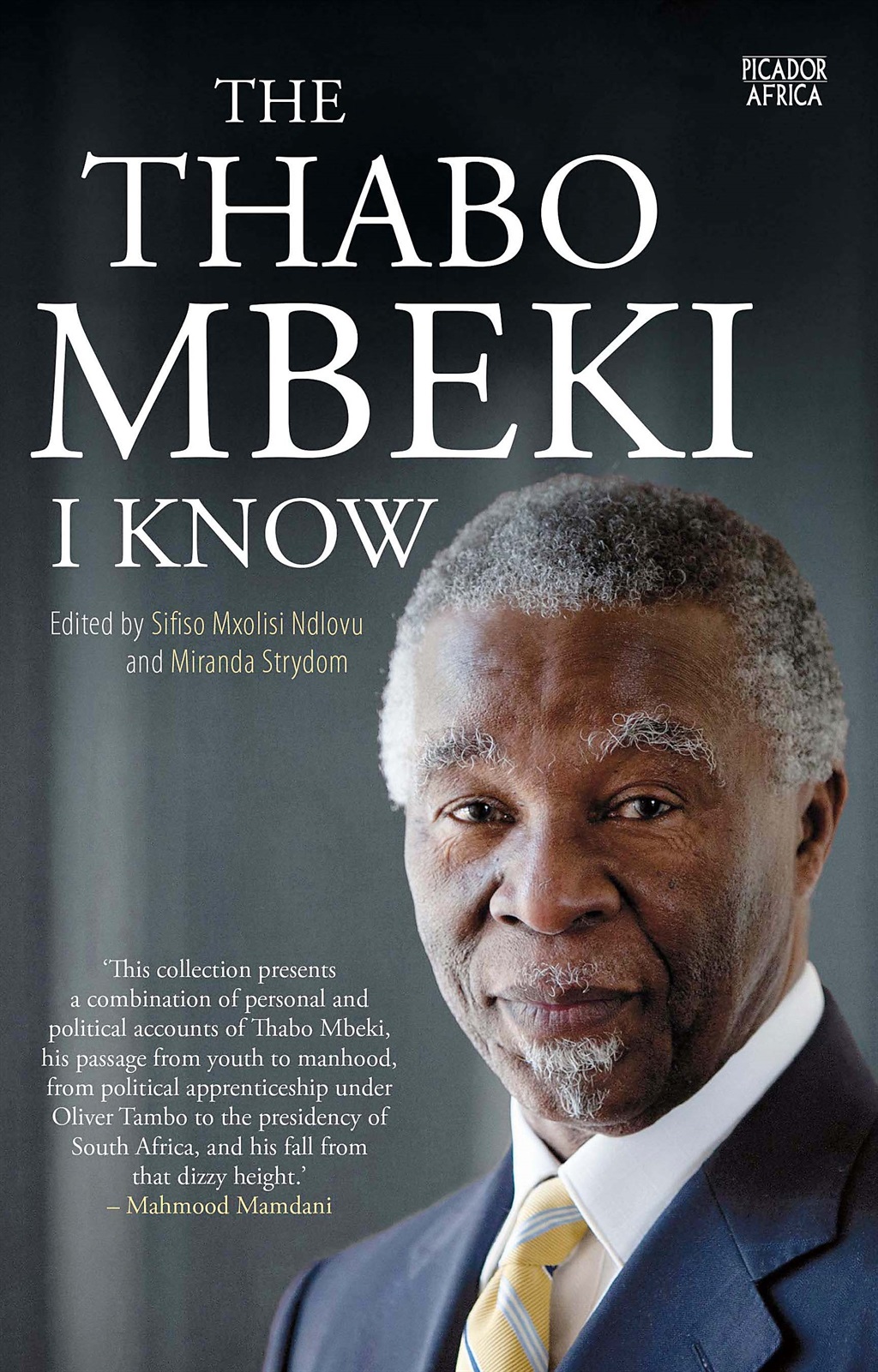
My knowledge of Thabo Mbeki has become encyclopedic. Indeed, for the first time since I began following his career in the 1980s, I see the various dimensions of the man and his life’s work in politics and other endeavours. But more importantly, I see how they all cohere.
I understand more clearly the core of his thinking, the trajectory of his vision, the sober assessment of his private life, the rejection of Western domination and apartheid, the salutary effect of his being African, the affirmative value of his clarion call for an African renaissance and the redemptive reclamation of our past.
The cat has been let out of the bag and the secrets of his life are in the open. The political realities that shaped him are in bold print, as well as the politics he created to shape the lives of others, now permanently encoded in our memory. I see the politics of exile and the redemption from that exile based on a pathway to practical politics.
If you read between the lines, you will understand ideas relating to change, the economics of violence, productive conflicts between hegemonic power and subdued subjectivities, the agency derived through the collision of an overbearing state with resisting individuals, the model of democracy that works, the structural reasons for the failures of policy, and the merger of fortuna and virtùin people and institutions.
The cast of voices ranges widely: family, friends and acquaintances from near and far, staff, journalists, six African heads of state, members of government and Cabinet, advisers, ambassadors and scholars. All speak their minds, bringing out the best qualities in the former president.
The voices are gentle and honest, engagingly celebratory but avoid cult language. The candour is sincere, and the revelations stunning.
Mbeki’s life is defined by politics: anti-apartheid struggles, managing a free South Africa, Pan-Africanism and African liberation. He is praised for initiatives such as the New Partnership for Africa’s Development, demands for respect for Africa and Africans, and a commitment to the progress of black men and women wherever they may live.
Mbeki is a true moderniser, one who imagines the blending of a democratic political pact with the quest for economic transformation. The modernist agenda is part of the conceptual universe of Mbeki’s political thought. The pursuit of change inevitably reminds us of strains and anxieties, worries and doubts, and in this contradictory dialogue, Mbeki is not an isolated figure, but part of our transitional moments.
The book speaks to his character, with many attesting to his courage, empathy, hard work and dedication to the development of South Africa. There is a sacramental catholicity in the form of a community spirit and bonding. The traits presented and praised in various references are those of integrity.
There is durability in these traits, as those who
met him early in his career and those who worked with him at the peak of his political life are consistently united in highlighting his emphasis on purposeful work.
There is his human side, as contributors speak of his 40-year marriage to Zanele and his feminist credentials. I learnt for the first time that he is a singer and jazz lover, and that he can play the piano. His close friends speak of his gentle demeanour, his ability to give great speeches, and his friendships with many people. The statements on his relationships address a larger issue of humanity, the quality of tending to others, and the cultivation of a human nature whose holistic experience is at once urbane, humane and nurturing.
Most careers have an embarrassing moment. That of Mbeki’s resignation on September 21 2008, seven months before the end his second term in office, was one such moment but, as those close to him have reported here, he handled it calmly and with dignity.
He fell and rose immediately afterwards, working on peace missions, and producing in 2015 the much-praised document on illicit financial flows from Africa. His departure as president shifted the paradigm from an agenda focused on South Africa to one focused on the entire continent, using the time to mediate on conflicts in places such as Sudan, Ivory Coast, Burundi and the Democratic Republic of Congo.
There is a vision that holds everything together: to be the best he could be as South Africa’s leader, and to move Africa forward. On the latter, he associated with the idea of the African renaissance, working for the ideals and values that would produce a rebirth. This idea will outlive him and will be part of his legacy.
“What you do is your history,” declares historian Leonard Sweet. This book has recorded what Mbeki has done with his life, his history.
But, as Sweet reminds us, “what you set in motion is your legacy”. Faith in “Africa rising” is his legacy: this is a belief, a faith in us all, and this is what he is bequeathing to us.
This collection expands our collective heritage.
Falola is a Jacob and Frances Sanger Mossiker chair in the humanities, and distinguished teaching professor at the University of Austin, Texas




 Publications
Publications
 Partners
Partners








